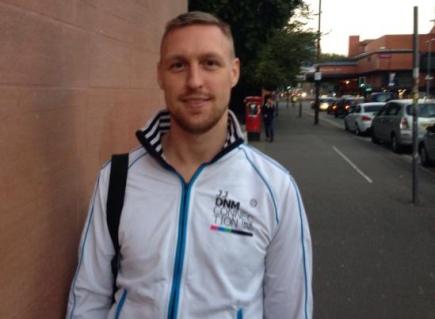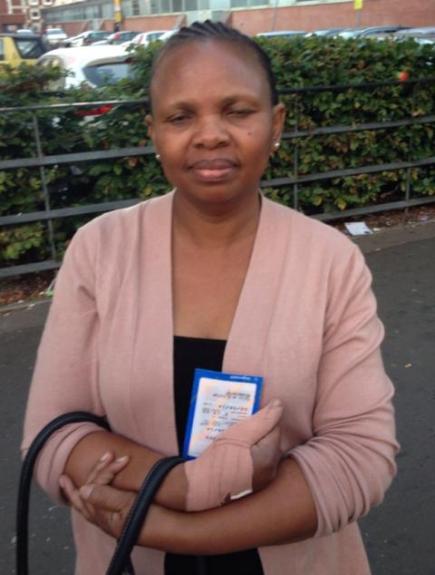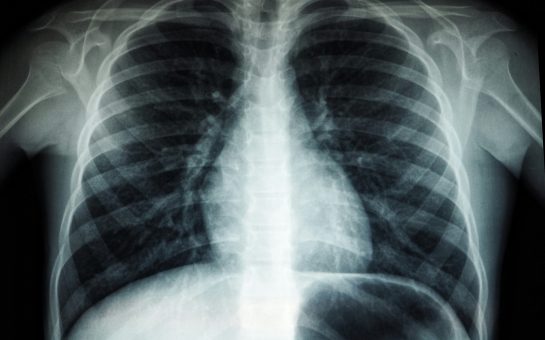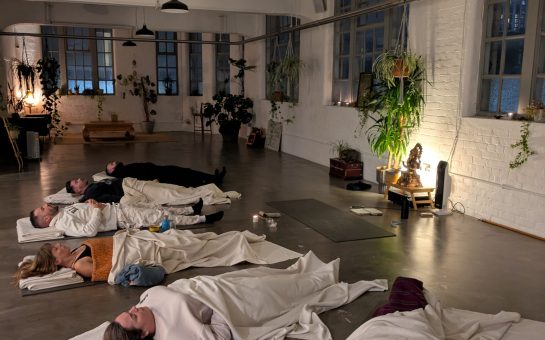Ed Balls kicked off the Labour Party Conference in Manchester this week by announcing that child benefits would remain capped at 1% until 2017 in his party triumph in the general election.
The shadow chancellor unveiled a budget containing tough measures the Labour party deemed necessary in order for the United Kingdom to prosper.
Some of the measures included increasing the top rate of income tax and raising the minimum wage to £8 an hour.
Mr Balls’ decision to cap child benefits until 2017 was described as a ‘necessary action’ that was required in order to curb the UK’s spiralling deficit.
With this in mind, MM took to the streets of Manchester to ask the following question:
Should child benefits increases be capped at 1% until 2017?
| Option | Answer |
| Yes | 20% |
| No | 80% |
From the poll, an overwhelming number of Mancunians responded unfavourably to capping child benefits until 2017.
Of those who took part in the poll, 80% viewed this decision as wrong. The remaining twenty percent deemed it as a sacrifice that was needed in order to benefit Brits in the future.
Toryn Poolman, a 38-year-old from Whalley Range, said: “No, this is not right because in real terms inflation is more than that the actual cost of rearing a child. This seems unfair “
Emma Davis, a 29-year-old nurse from Chorlton, said: “No. It’s not right that child benefits increases will be capped at 1% until 2017.
“While I appreciate we need to make cuts here and there, it seems the wrong people always loose i.e., children.”
Katie Muddiman, from Whalley Range believes those who need it most, don’t receive enough.
“Children are so important, they are our future – 1% is just not enough,” 27-year-old said.

WRONG: Martin Cooper doesn’t believe benefits should relate to inflation
Martin Cooper, 34, a musician from Didsbury said: “It should be related to the rate of inflation and reflection of the way prices rise.”
Paul Savage, 38, triathlete coach from Whitfield, said: “No, it’s not right. I believe it should be in line with the consumer price index.”
Saphia Ahmed, from Whalley Range agrees that more, not less help needs to be afforded to parents.
“No, it should be higher than 1% as it more difficult to find a job. Parents need more help,” the 19-year-old said.
Despite the overwhelming amount of unfavourable responses, there were a few people who looked upon this decision as positive.

RIGHT CALL: Irene Nakedi thinks the decision is good for Britain’s future
Irene Nakedi, a 53-year-old administrator from Moss Side, said: “This is a wise decision. This decision will secure our future. We will benefit in the end.”
Thomas Smith, 39, a coach from Rusholme, said: “Yes. In the future there will be many more people on the planet. More people equals less money for available for benefits.”
Sorrel Higgins, 20, Geography Student at the University of Manchester believes the decision should be entirely circumstantial.
She said: “It depends on the family situation. There are people who have abused it. But some people really need help.
Natile Wordon, 20, mathematics student at the University of Manchester, agrees: “It should depend on one’s family situation.
“Every family’s situation is different and that should be taken into account.”
Image courtesy of Labour Party, via YouTube, with thanks.



